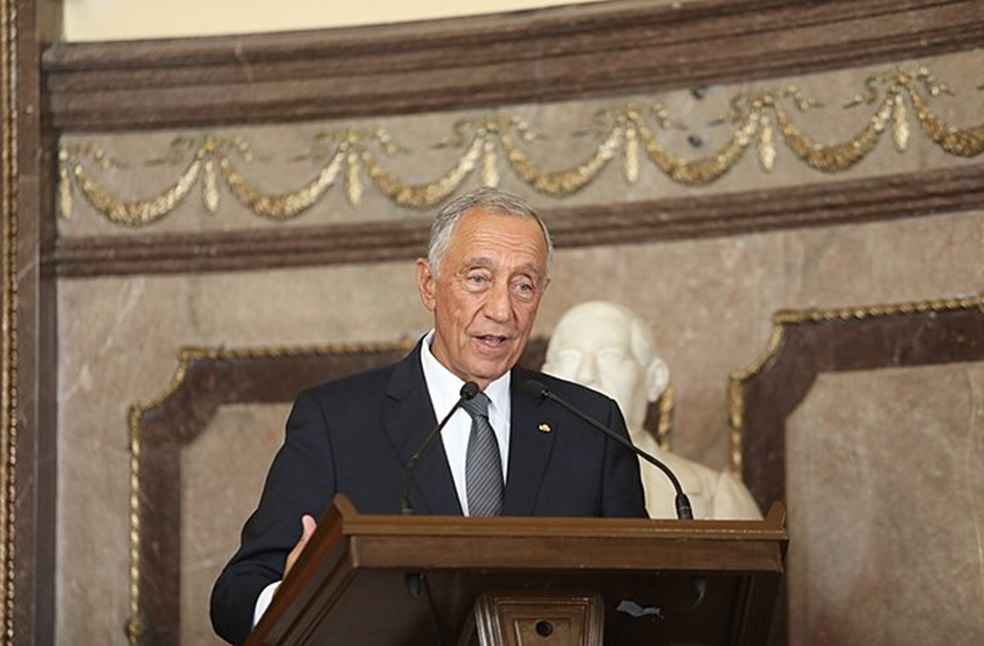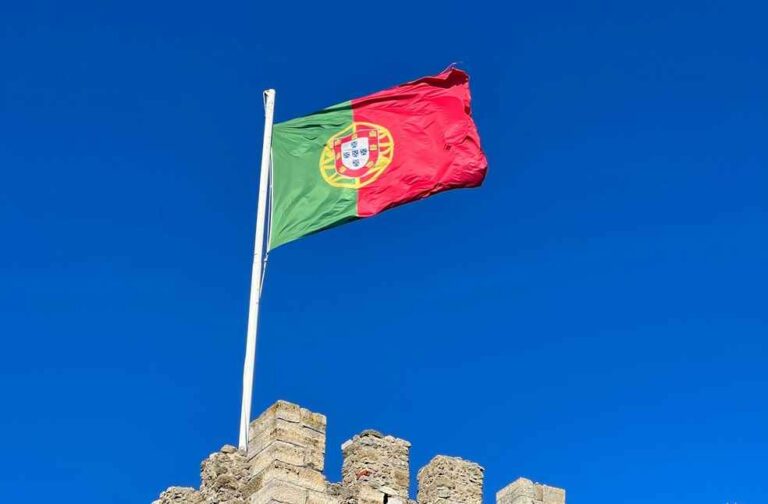Lisbon: Portugal has announced it will not pay reparations for the dreadfulness committed during the transatlantic slave trade and colonial period. This is an obstructive response to the earlier statements made by President Marcelo Rebelo de Sousa.
Between the 15th and 19th centuries, Portuguese crafts forcibly transported 6 million Africans across the Atlantic and bartered them into slavery, specifically in Brazil. Rebelo de Sousa recommended that Portugal recompense for the mistreatments earmarked during its colonial history by withdrawing the debts of its former territories and delivering them with monetary backing.
The Portuguese government released a statement expressing its desire to strengthen associations with its former colonies, encourage historical accurateness, and facilitate more proximate collaboration founded on reciprocal understanding and consideration. The government remarked that it did not hold a specific agenda or programme for providing reparations to former colonies and that this was the case in previous administrations as well.

The administration proclaimed that its connection with its former colonies was very positive, citing collaboration in multifarious areas such as education, language, culture, health, and finance. However, the president’s recent recommendation of providing reparations sparked criticism from right-wing parties,
including the CDS-Popular party, a junior associate of the Democratic Alliance government association, and the far-right Chega party. The President said that, “We cannot ignore this issue or sweep it under the rug. We have a responsibility to guide and lead the process of reparations.”
Portuguese colonial rule lasted more than five centuries in Angola, Mozambique, Brazil, Cape Verde, Sao Tome and Principe, East Timor, and some Asian territories. In April 1974, the ‘Carnation Revolution’ overthrew Portugal’s fascist authoritarianism and brought democracy to the country, decolonisation of the African countries and the end of the kingdom in Africa.



